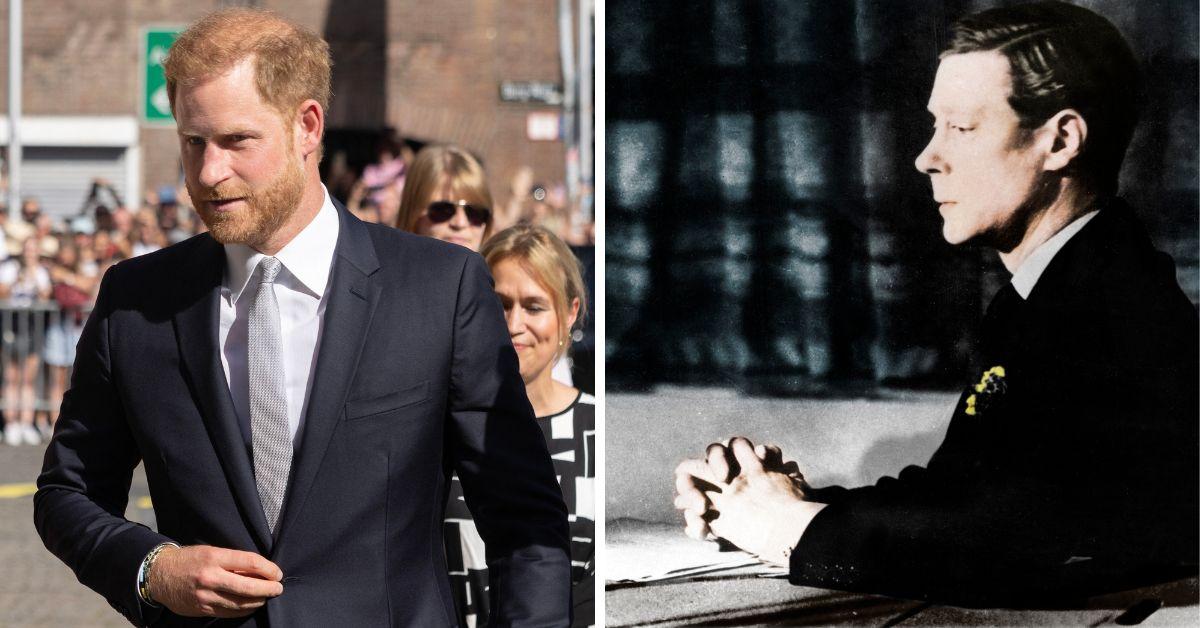Over seventy years have passed since King Edward VIII abdicated the British throne in 1936, a move that shattered the conventions of monarchy and captivated the world. His decision was fueled by his love for Wallis Simpson, an American divorcée, whose presence in his life transformed the expectations of royal duty and personal liberty. One cannot help but ponder: what if Edward had chosen the crown over love? What complexities would have ensued in the fabric of British history?
Edward’s abdication was not merely a personal act of rebellion; it was a profound statement on the intersection of love and duty. The drama unfolded against a backdrop of political tension and societal expectations. When Edward fell head over heels for Simpson, a woman entangled in scandal, he realized that the traditional values of the monarchy were incompatible with his personal desires. This prompted a series of events that led to the abdication addressed to his devoted subjects. Yet, the question lingers: at what cost did he pursue his romantic aspirations?
Wallis Simpson became an emblem of modernity, challenging the status quo within the British monarchy. She was neither a noblewoman nor a typical member of the royal circle; her very existence harbored a level of unpredictability that monarchy could scarcely tolerate. For some, she represented a progressive shift in societal norms. For others, particularly conservative factions, she symbolized the unraveling of royal decorum, suggesting a potential ripple effect that could alter the perceptions of the royal family profoundly.
The couple’s life after the abdication reveals a tapestry woven with both privilege and hardship. Following their marriage in France, Edward and Wallis were given the titles of the Duke and Duchess of Windsor. Yet, despite their opulent surroundings, they found themselves ostracized from the British royal family. The camaraderie they sought was eclipsed by the vast chasm of public scrutiny. Would they have ever found solace in a life devoid of royal ties?
Over the decades, fascination with Edward and Wallis endures. Their story raises critical inquiries about the essence of love and the sacrifices one makes for it. As modern audiences grapple with similar dilemmas—balancing personal happiness against societal expectations—the couple’s narrative offers a salient lesson. Could their choice to prioritize love over entrenched obligation resonate profoundly with those caught in similar crossroads today?
In reflecting on this historical saga, one must appreciate how Edward VIII and Wallis Simpson forever altered the dynamics of royalty. They not only pushed against the rigid boundaries governing the monarchy but also imbued the royal narrative with a human element that continues to intrigue and inspire. What will future generations glean from the passions and challenges of this unconventional duo?
